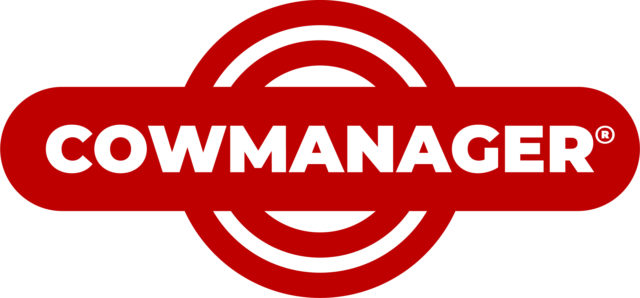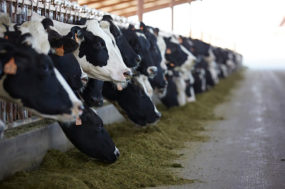The food safety module encompassed CQM, the milk quality module reflected provincial dairy regulations that included the 2012 change to a somatic cell count maximum at 400,000, and the modules of animal care, traceability, biosecurity and environment were added.
Canadian dairy farmers have always been deeply committed to high standards of care on their farms, and they want to demonstrate their commitment to sustainably growing the dairy industry in a transparent way.
The proAction initiative is one of the tools farmers use to offer proof to customers of their dedication to the quality and safety of milk and meat, and to caring for the health and welfare of their animals and the environment. See Figure 1.

The initiative is implemented in the spirit of recognizing the importance customers and consumers place in how food is produced: Through proAction, Canadian dairy farmers collectively demonstrate responsible stewardship of their animals and the environment, sustainably producing high-quality, safe and nutritious food for consumers.
At the outset, farmers agreed on a set of guiding principles for consistent and credible implementation across the country. The fact proAction is “designed by farmers for farmers” is a fundamental value to ensure it is adapted to the reality of farmers who need to implement it on their farms.
The dedication to the initiative extends beyond DFC and all provincial dairy associations. Several dairy groups are fully supportive and active in providing their specific expertise.
Holstein Canada, the Canadian Dairy Network, DHI, Valacta and others have also been involved in developing the program and have active roles in rolling out proAction on farms and providing support to farmers.
Remaining true to the initiative’s timeline, the animal care and traceability modules were included in on-farm validations in September 2017.
By September 2019, all dairy farms will have undergone a validation and at least one official, independent assessment by Holstein Canada, which measures indicators of animal welfare that relate to body condition score, locomotion and the condition of hock, knee and neck.
The livestock traceability module has three components: premises identification, animal identification and animal movement. A strong traceability system with effective trace-back capabilities is critical to the industry in the event of an emergency such as a disease outbreak.
In addition, farms where traceability technology is used can achieve greater efficiencies and improved genetics. The Canadian dairy industry is world-renowned for its quality breeding stock and genetics.
Technological advances that have come with the RFID tags have allowed multiple industry partners to input information on individual animals throughout their lives.
With the promise of the Canadian Dairy Network to be able to offer centralisation of all animal-related data management, the ability to use this to further refine the attributes of the national dairy herd is real and exciting.
For biosecurity, training is already offered to veterinarians. The importance of this module is real as recent disease outbreaks, such as tuberculosis outbreak in Alberta and the SalmonellaDublin outbreak in Quebec, have the potential to affect dairy farmers’ livelihoods.
Heightened protocols for on-farm biosecurity helps farms protect themselves from such disease outbreaks.
The environment module is scheduled for implementation in 2021, starting with an environmental farm plan to provide farmers with a strong understanding of the environmental risks related to their dairy operation.
Continuous improvement is at the heart of proAction. Dairy farmers constantly adopt new practices and technologies to remain cutting-edge.
The proAction initiative will also evolve as new science and technologies become available, always keeping in mind the desire to provide assurance to customers good practices are maintained on farms. ![]()
—Provided by Dairy Farmers of Canada








